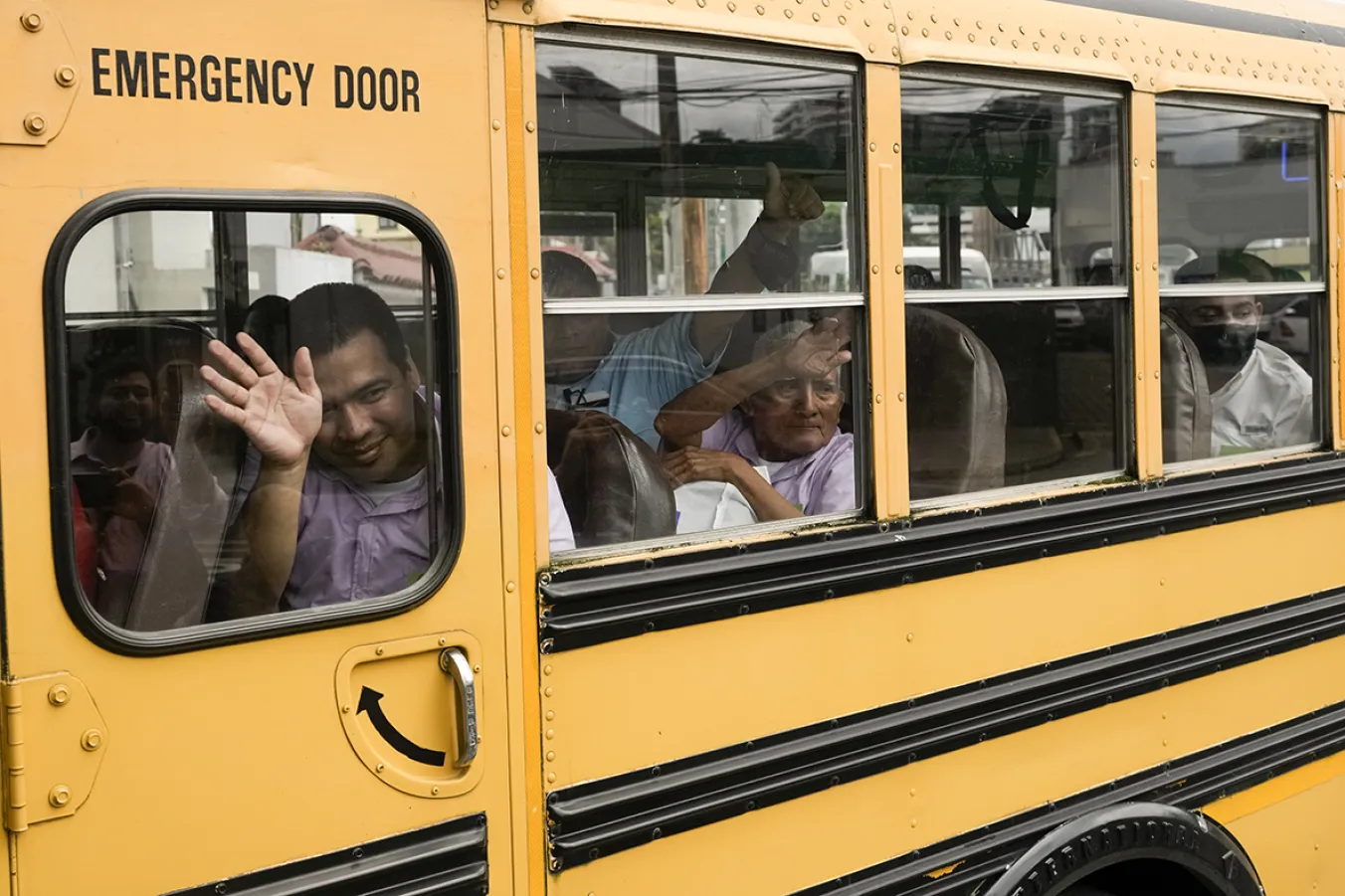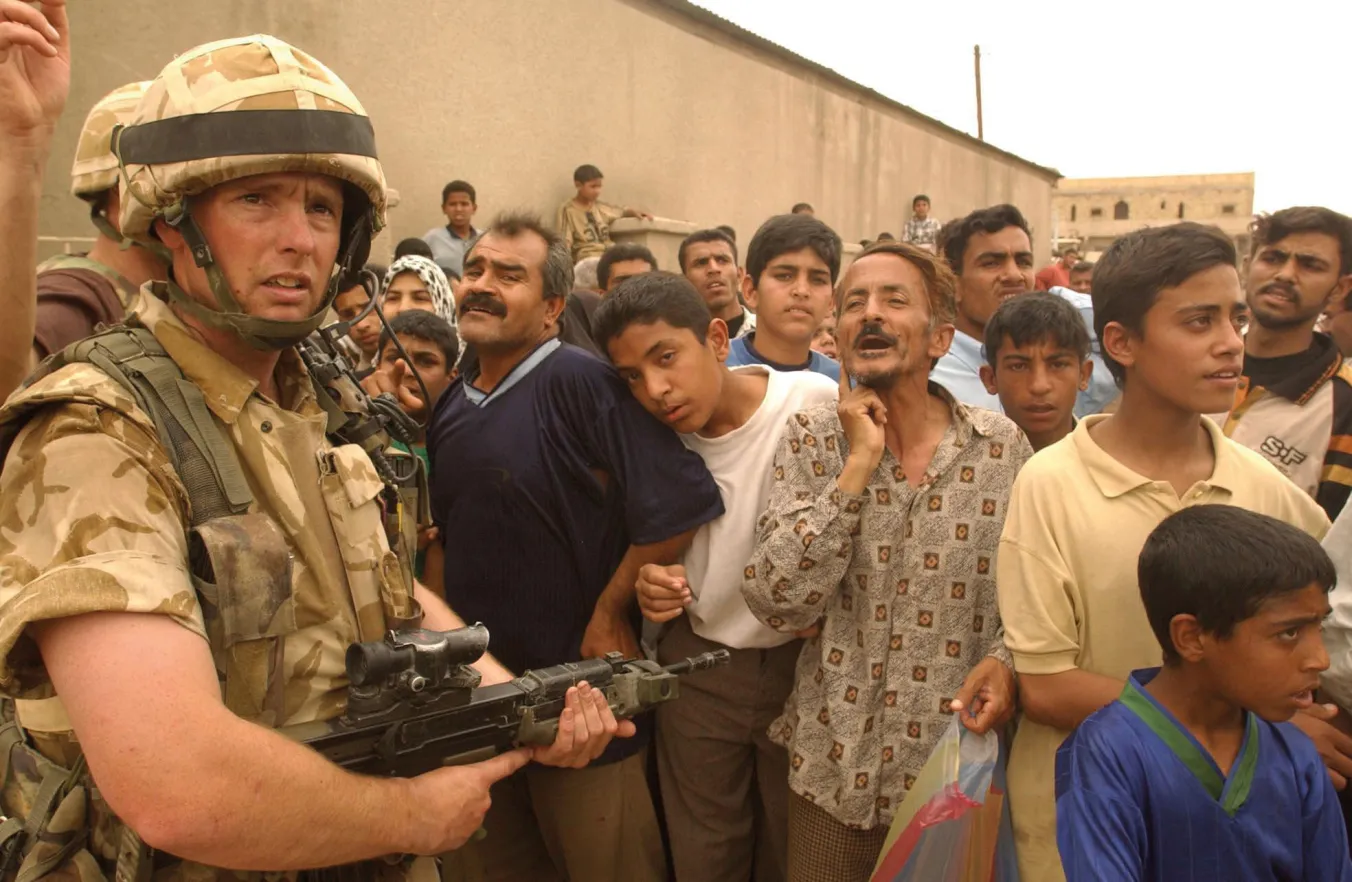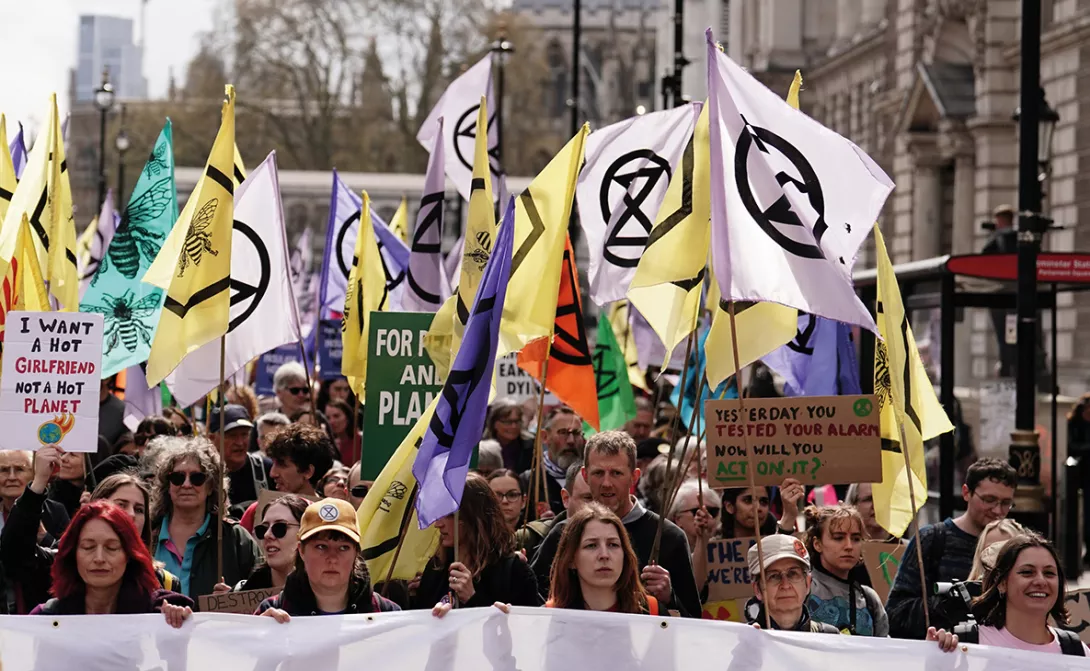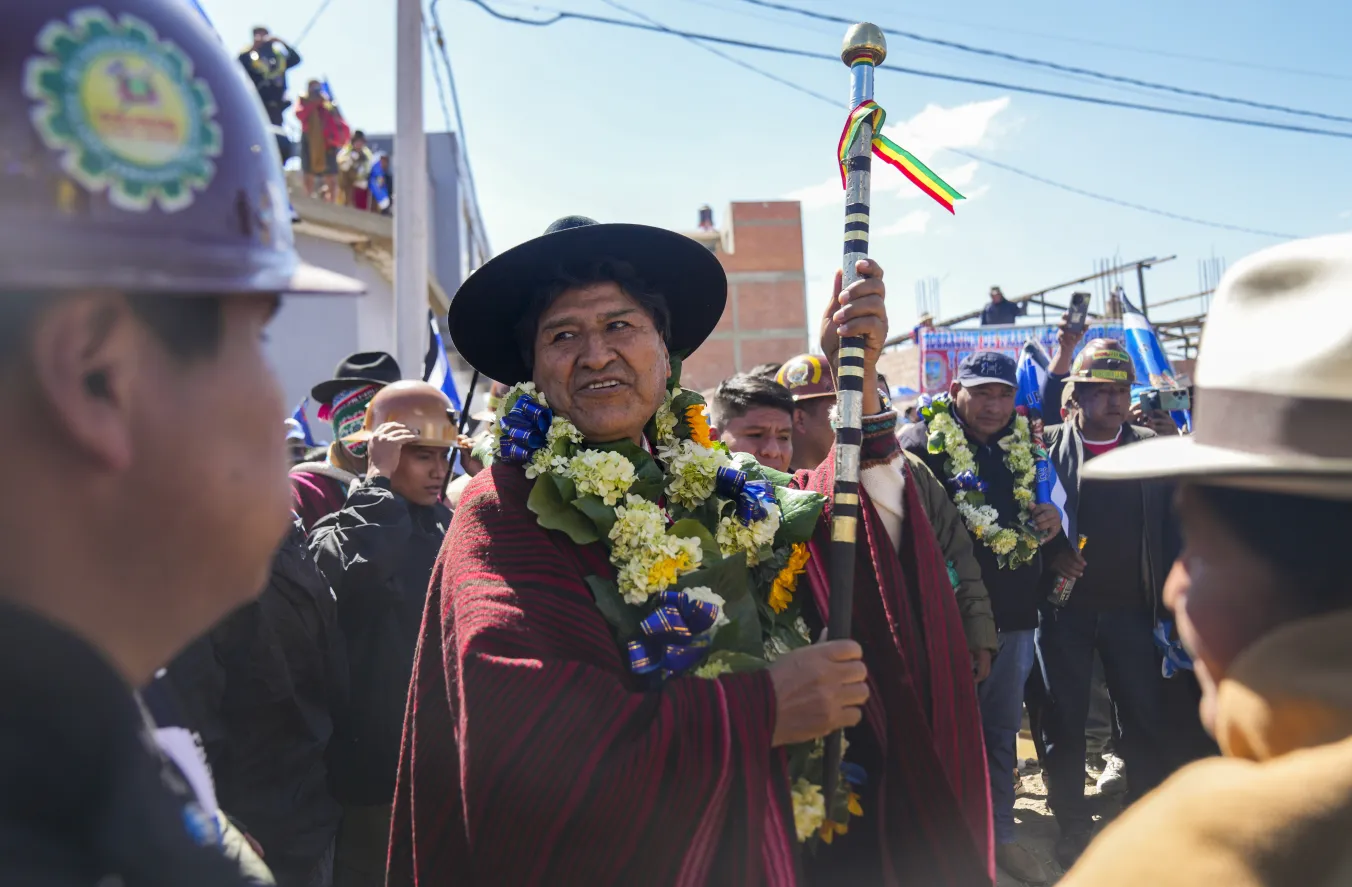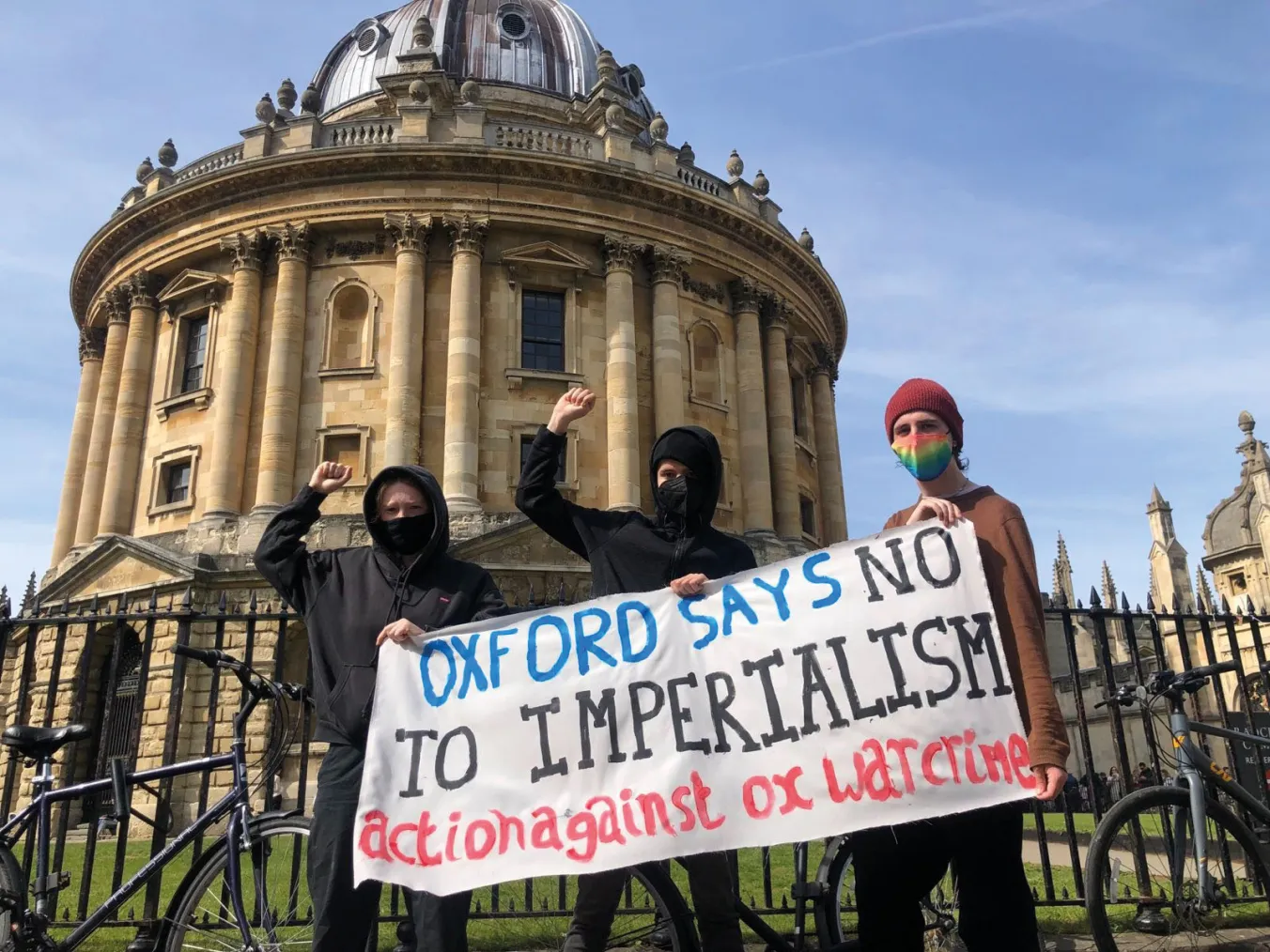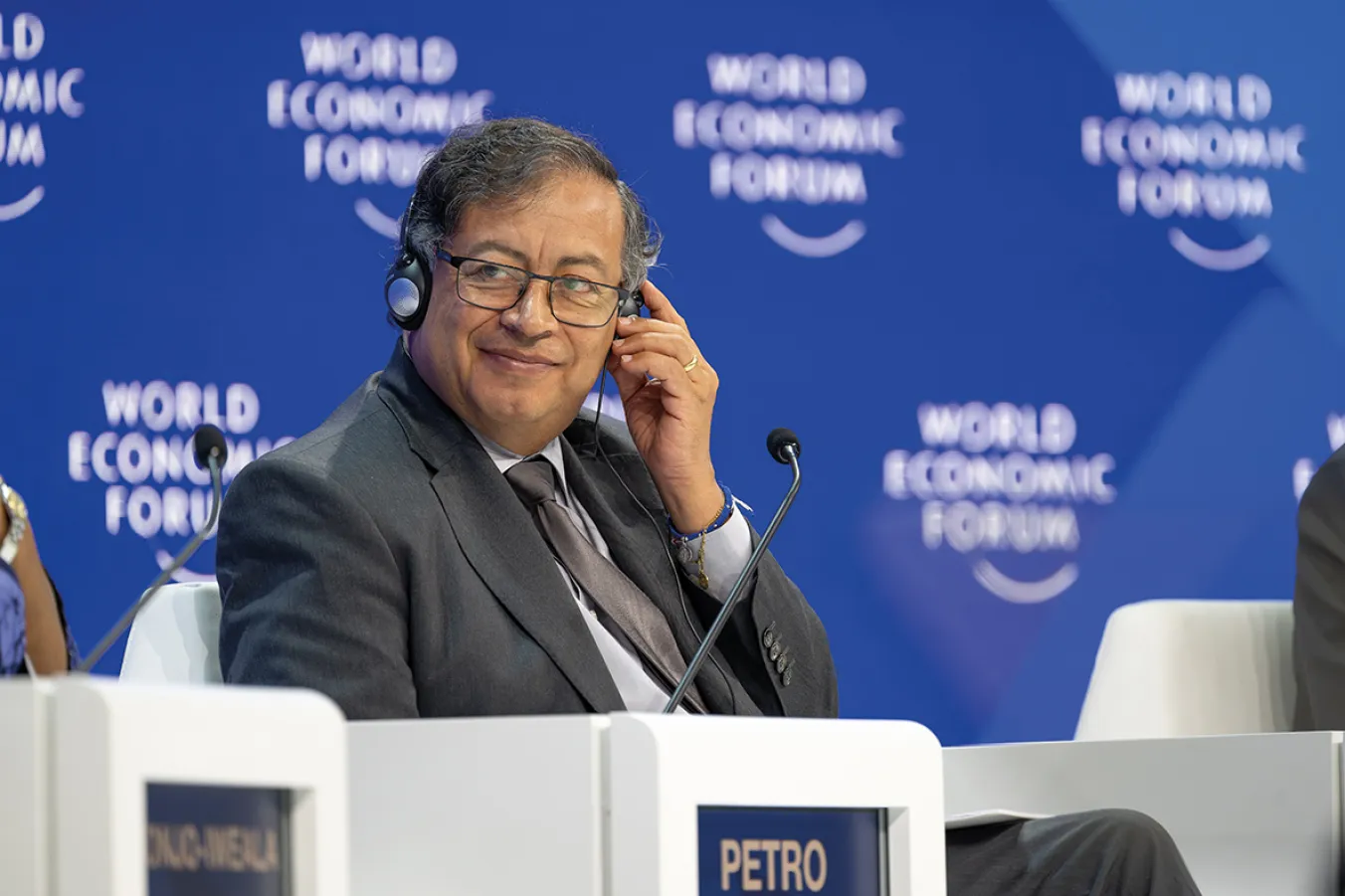
GOVERNMENTS in Latin America have been at the forefront of opposition to Israel’s genocide in Gaza, and several of those which have done so suddenly face new threats, even including attempted coups. “Anybody who stands with Palestine is going to be attacked in Latin America by the US and by zionists,” said Adrienne Pine of the California Institute of Integral Studies, in a recent webinar.
Recent events appear to show the truth of her remarks, especially in the case of three governments in the region which have strongly opposed Israel’s genocidal war — Nicaragua, Honduras and Colombia. All are suffering attacks that appear to be either in direct retaliation for their actions or which suspiciously coincide with them.
Israel’s ties with Latin America are longstanding. Israel has often backed repressive regimes or undermined progressive governments. It trained death squads in El Salvador and supplied the arms used to massacre Guatemalan campesinos.
